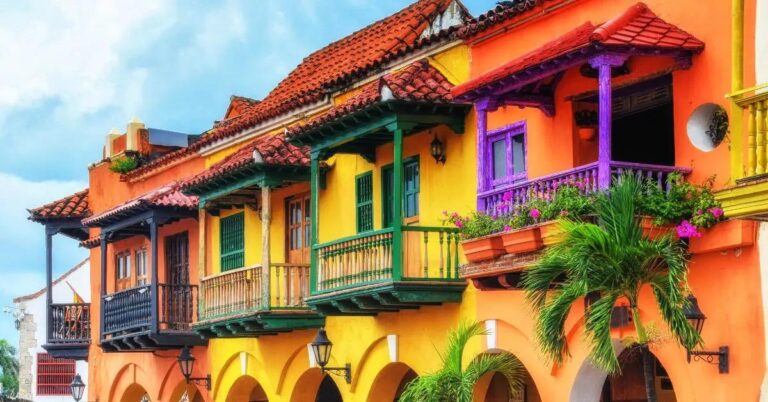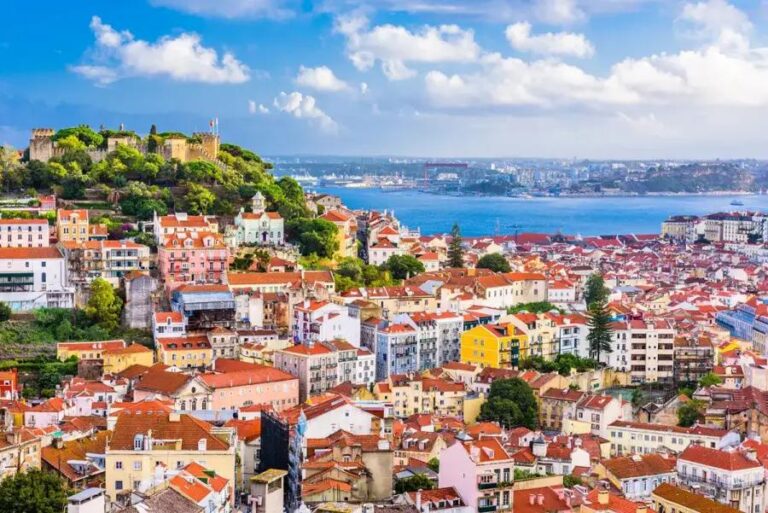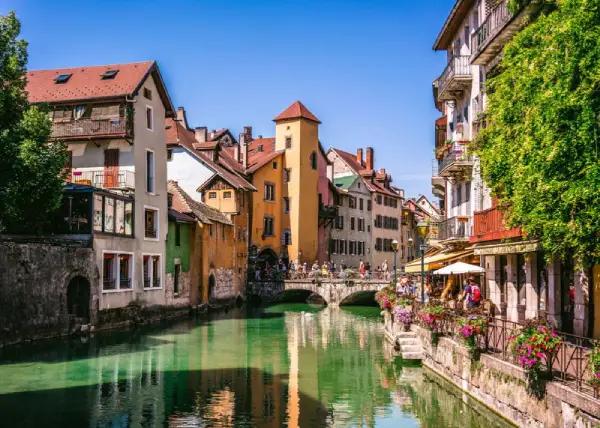TL;DR:
- Monthly living costs for retirees in Brazil: $1,500 to $2,000.
- Rent in major cities (São Paulo, Rio): $400-$800 for a one-bedroom; smaller cities: $200-$300.
- Utilities: $70-$100/month; Internet: $20-$40/month.
- Groceries: $200-$300/month; dining out: $5-$15/meal.
- Healthcare: Public hospitals free, private insurance recommended ($50-$100/month).
- Public transport: ~$50 for a monthly pass.
- Inflation affects costs; important to monitor.
- Brazil cheaper than the USA; housing more affordable.
- Affordable city options: Florianópolis, Fortaleza, Natal, João Pessoa, Curitiba, Belo Horizonte.
- Cost of living in João Pessoa and Curitiba: $1,200 to $1,500/month.
- Quality of life in affordable cities remains high with good healthcare and public transportation.
Thinking about retiring in Brazil? You may wonder how much it will cost you. In this post, I’ll break down everything—housing, food, healthcare, and more. You’ll get a clear picture of what your budget needs to be to live comfortably. So, let’s dive into the costs of living in Brazil for retirees and see if this vibrant country fits your retirement dreams.
How Much Does It Cost to Live Comfortably in Brazil for Retirees?
Breakdown of Average Monthly Living Expenses
When thinking about retiring in Brazil, your monthly costs depend on your lifestyle. On average, to live comfortably, you might spend around $1,500 to $2,000 every month. This estimate includes rent, food, utilities, healthcare, and amenities.
Housing Costs: Rental Prices and Housing Options
Housing costs can vary by location. In major cities like São Paulo or Rio de Janeiro, a one-bedroom apartment in the city center can cost between $400 to $800 each month. If you move to smaller cities or towns, rent could drop to $200 to $300 for similar places. For more details on how housing costs vary, you can check regional guides or consult local listings.
Utilities and Internet Costs
Utilities such as electricity, water, and gas add about $70 to $100 to your monthly expenses. Internet services, depending on your provider and speed, usually cost around $20 to $40 each month. Keeping track of your utility bills can help manage these costs.
Food and Grocery Expenses
Groceries and eating out are quite affordable in Brazil. On average, you might spend about $200 to $300 per month on groceries. Eating out at restaurants can range from $5 to $15 per meal, making social dining feasible on a modest budget.
Healthcare Costs and Insurance Options
Healthcare in Brazil is known for its quality and affordability. Basic care at public hospitals is free, but private health insurance is recommended. A good health insurance policy might cost between $50 to $100 monthly for a retiree. This can ensure access to better facilities and shorter wait times.
Public Transportation and Travel Expenses
Public transport in Brazil is both efficient and cheap. A monthly pass for buses and metro systems typically costs around $50. For intercity travel, long-distance buses and domestic flights provide affordable options, letting you explore the diverse regions of Brazil.
Retiring in Brazil can offer a balance of comfort and affordability. By planning your budget smartly, you can make the most of your golden years in this beautiful country.
What Are the Key Factors Influencing the Cost of Living in Brazil?
Brazil’s Cost of Living Index: Brazil ranks high but varies by region. In big cities like São Paulo or Rio, expenses can be twice as high as smaller towns. Food, rent, and leisure costs greatly differ across locations.
Impact of Inflation: Brazil sees higher inflation than many Western nations. This raises prices for everyday items and rent. An item costing $1 last year might cost $1.10 now due to inflation. It’s something you need to monitor regularly.
Brazil vs. USA Living Costs: In comparison, Brazil is cheaper overall. While renting is less expensive, imported goods and cars can be pricier. Also, healthcare can often be more affordable and high quality.
Cost Components:
- Food: Local markets sell fresh goods at lower prices. Imported products cost more. A meal at a local eatery costs about $5. Groceries remain budget-friendly if you stick to local products.
- Housing: In less-known cities, rent for a one-bedroom home is about $300/month. In big cities, it can jump to $800/month or more. Consider exploring safe, lesser-known places to save.
- Transportation: Public transit is efficient and cheap. A bus ride might cost you about a dollar. Gasoline can be expensive, so many prefer public options.
- Healthcare: Public healthcare is free, but wait times can be long. Many retirees choose private plans that cost about $100/month. It’s advisable to get private insurance to avoid long waits.
Managing Expenses with Social Security Benefits: You can collect Social Security while living in Brazil. Plan your budget well to stretch your benefits. Consider living in smaller towns to save more. Always keep an extra fund for unexpected costs.
Knowing these factors helps you plan better for a more enjoyable and cost-effective retirement in Brazil.
Where Are the Most Affordable Cities in Brazil for Retirees?
Imagine finding a city in Brazil that offers good value and comfort. Some cities are both affordable and charming.
Overview of Cost-Effective Cities in Brazil
One of the best places to consider is Florianópolis. Known for its stunning beaches, it’s beloved by both locals and expats. The cost of living here is lower compared to places like Rio de Janeiro and São Paulo.
Popular Expat Locations and Retiree Communities
Another great option is Fortaleza. It has a lively culture and a growing expat community. Many retirees from the USA have found their new home here. Natal is another gem. Known for its friendly locals, it’s a quieter, more budget-friendly option.
Budgets for Living in Top Retirement Destinations
So how much do you need to live comfortably? In cities like João Pessoa, you can expect to spend around $1,200 to $1,500 per month. This budget includes rent, food, and healthcare. For Curitiba, a city known for its parks and high quality of life, a similar budget applies.
Quality of Life in Affordable Cities for Retirees
Let’s talk quality of life. In affordable cities, you will find good healthcare options and public transportation. The Brazil expat retirement guides often highlight the warmth of local communities and the ease of daily life. Safety in cities like Belo Horizonte is also notable, making it a good choice for retirees.
Insights from Brazil Expat Retirement Guides
Checking out resources like Reddit’s r/Brazil forum can offer personal stories and tips. You’ll find many retirees sharing their experiences and offering valuable advice. From finding the best local markets to tips on language learning, the community is a rich source of information.
In summary, Brazil has many cities that cater to retirees looking for an affordable and enjoyable life. Each city offers something unique, making it easy to find your perfect fit.
Conclusion
In summary, we’ve covered the costs of living comfortably in Brazil, especially for retirees. We broke down monthly expenses, housing, utilities, and more. We also looked at Brazil’s cost of living index and affordable cities for retirees.
Living in Brazil can be very budget-friendly with smart planning. Whether you’re managing a fixed income or want to enjoy local culture, Brazil offers many options. Consider this guide to help make your transition smooth and enjoyable. Happy planning!












